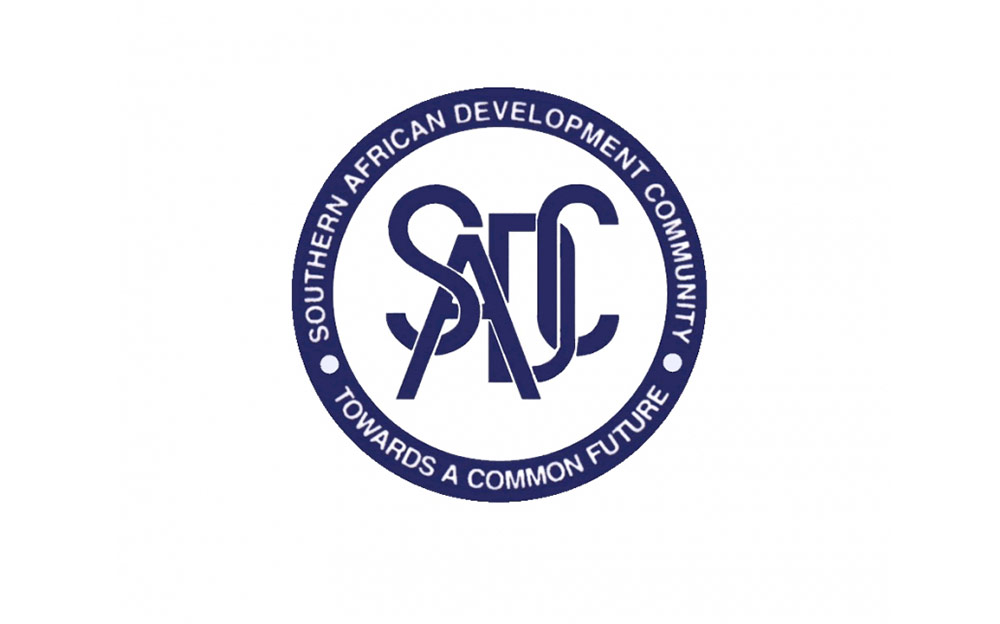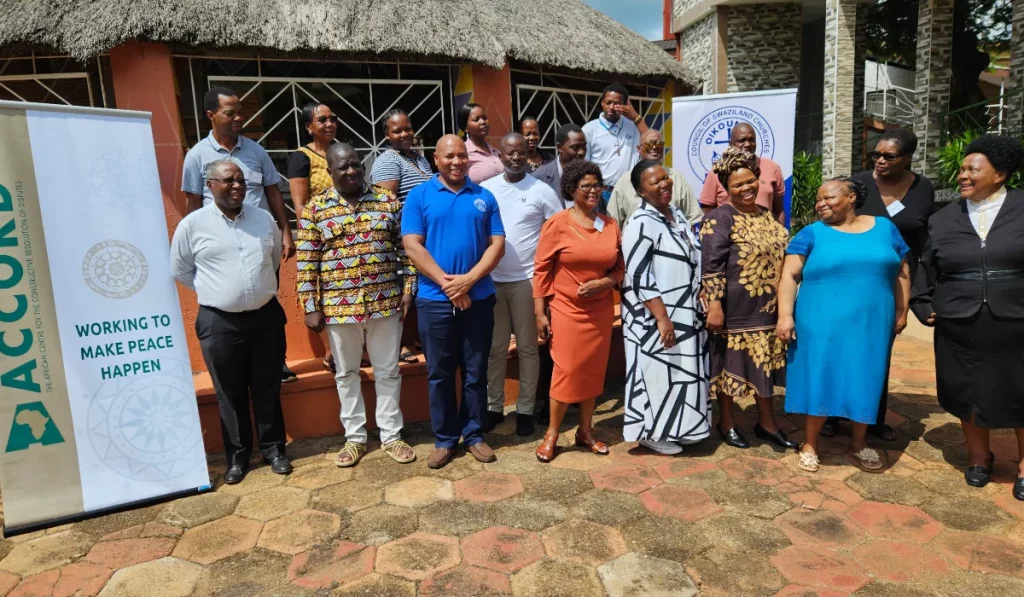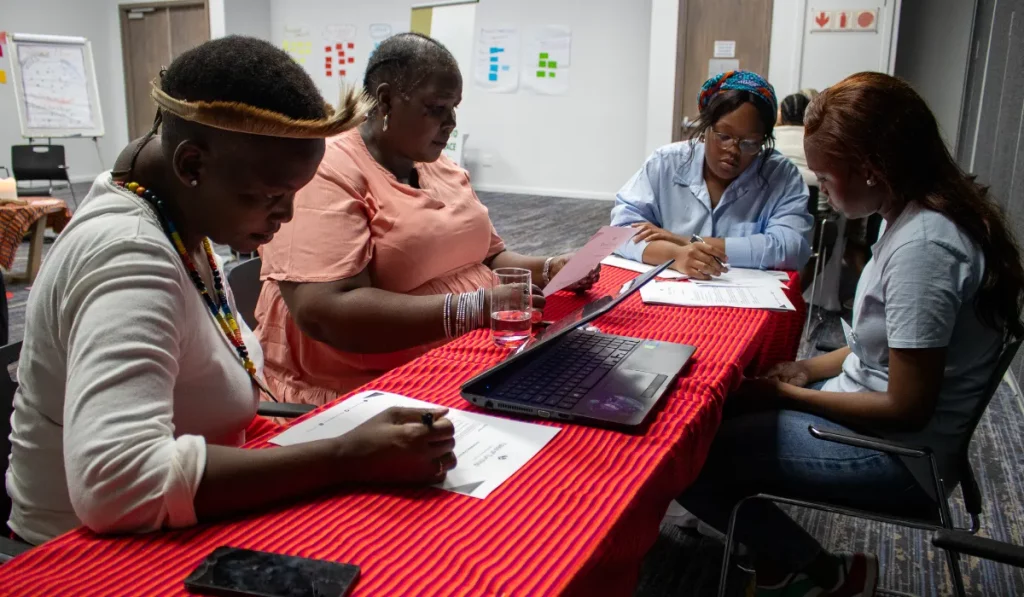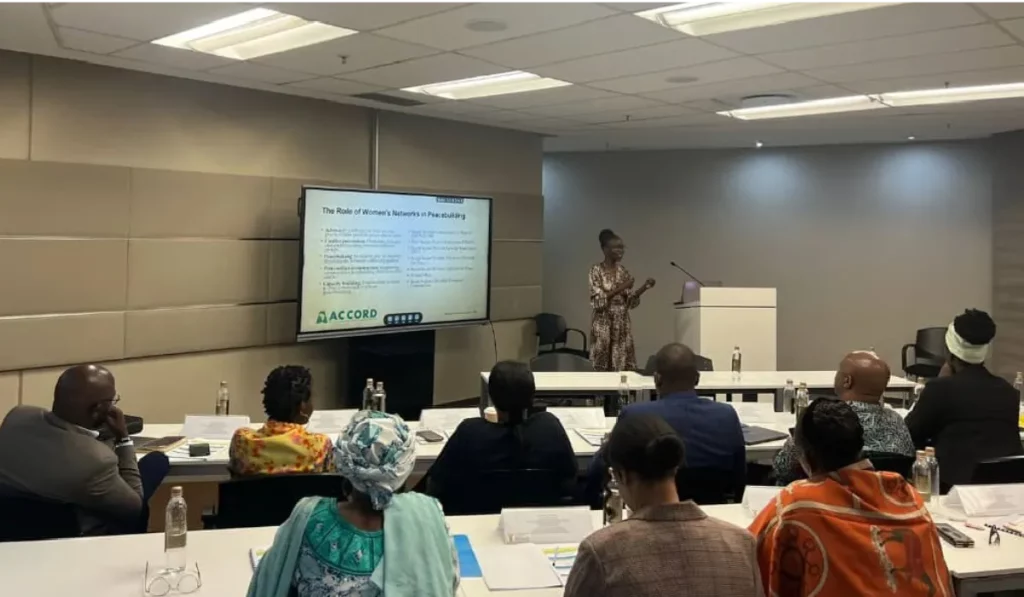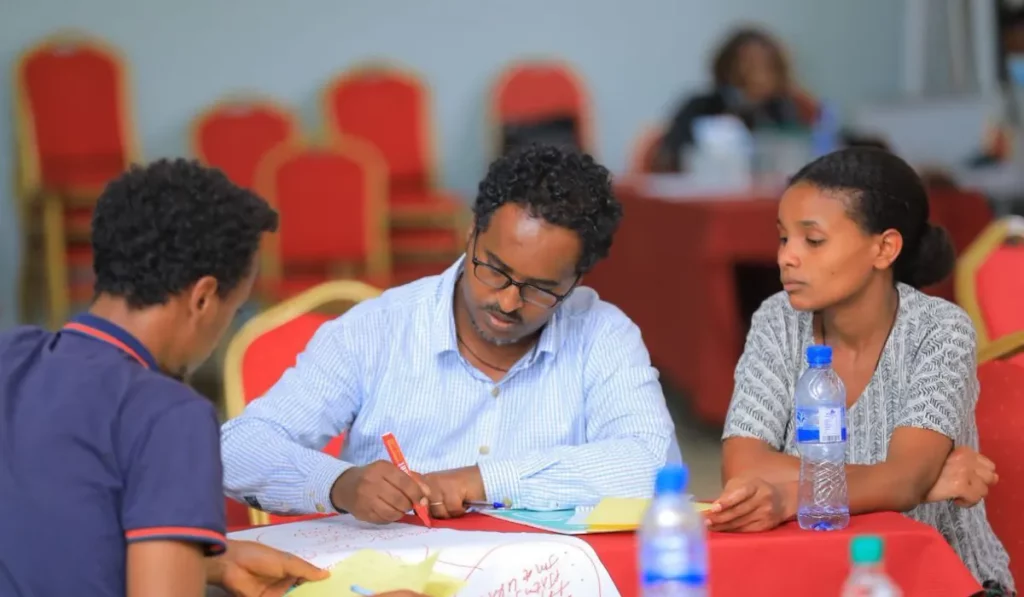ACCORD’s Manager for the Interventions Department, Dr Martha Mutisi, has represented the institution at the Southern African Development Community (SADC) Stakeholders’ Roundtable on Gender and Development. As one of the few civil society organisations represented, ACCORD is well placed to continue to influence the development of the SADC Gender Unit and contribute to regional initiatives towards gender equity and parity in peace and development processes.
The stakeholders’ meeting, from 7-8 May 2012, engaged key parties on advancing the SADC gender agenda. A key priority was to share recent developments on the SADC Gender program, especially the SADC Protocol on Gender and Development (2008), and SADC Plan of Action on Gender and Development (2005-2010). Nine ratifications for the 2008 SADC Protocol on Gender and Development have been garnered, opening a window of opportunity for SADC to commence full operationalisation of this instrument.
Participants in the roundtable spent the two days critically analysing the SADC Plan of Action on Gender, and the SADC Gender Unit business, with a view, ultimately, to facilitating the region’s operationalisation of the protocol. Dr Martha Mutisi, alongside other participants assisted the regional organisation to further develop the SADC plan of action, making sure that the activities and objectives of the plan were in sync with the mandate of the regional body and objectives of gender empowerment.
The meeting outlined clear areas of support that the SADC Gender Unit is to expect from the engaged partners. As a result of participation in this initiative, ACCORD was further invited to continue building the capacity of, not only the SADC Gender Unit, but also other institutions in the region. Additionally, the opportunity was provided to further ACCORD’s involvement with SADC in other areas of cooperation, including regional peace and security processes, and capacity-building for mediation and conflict management. ACCORD will continue to collaborate closely with RECs, other CSOs, think tanks and academic institutes, and deepen its relations with other SADC units, including the SADC Parliamentary Forum in Windhoek as well as the SADC Secretariat in Gaborone, Botswana.

